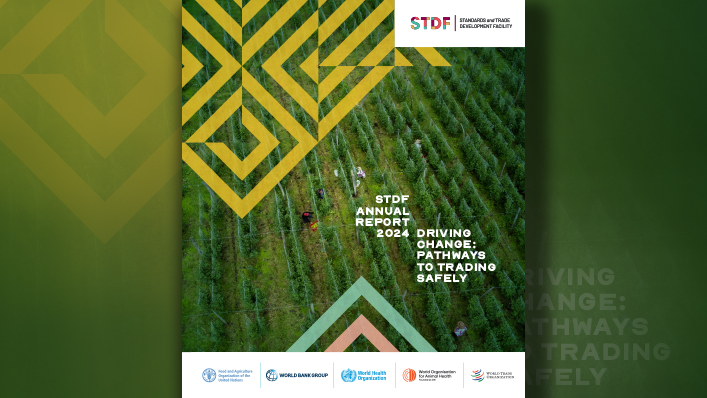
Vikas Sonawane, chief operating officer (COO) at Netafim India Pvt Ltd
A slew of factors, including a lack of proper irrigation and nutrient management, has led to stagnation in the productivity of sugarcane in the country, said Vikas Sonawane, chief operating officer (COO) at Netafim India Pvt Ltd.
“Continuous and consistent irrigation, along with balanced nutrient application throughout the crop cycle, has been lacking, directly impacting yield. In regions like Marathwada, where drought conditions prevail, water scarcity has further exacerbated the issue,” he told businessline in an email interaction.
With the water supply being inadequate during the growth period, the productivity declines significantly. In addition, climate change has intensified challenges. “Rising temperatures, unpredictable monsoons, extreme weather events like heatwaves, and sudden cold spells have affected crop health and sugar recovery rates. The quality of cane has also deteriorated, leading to lower sugar recovery percentages,” said Sonawane.
On the other hand, he said sugarcane, a water-intensive crop, is often over-irrigated by farmers who believe that more water leads to higher yields. However, excessive irrigation through conventional flood or surface methods not only fails to enhance productivity but also degrades soil health. “Over time, waterlogging and salinity make the soil alkaline and unproductive, leading to long-term fertility loss,” said the Netafim COO.
First time in 8 seasons
This season to September, sugar production is expected to drop to 258 lakh tonnes, by 19.1 per cent decrease from the previous season. This is the first time in eight seasons that production has dropped below consumption.
He said other factors contributing to the stagnation and decline in sugarcane productivity include farmers’ failure to select suitable varieties that are high-yielding and pest-resistant, inadequate land preparation, lack of integrated nutrient management, economic and agronomic practices, drip irrigation , and automation
Soil salinity is a major issue in regions with poor drainage, while ratooning (permitting regrowth of cane from the same roots) leads to soil nutrient depletion. Limited use of precision farming techniques, soil testing, and mechanisation is curbing productivity, the Netafim COO said.
Game-changer
His views on sugarcane came after his company hosted a two-day conference on Integrated Sugarcane Management through Drip Fertilisation and Automation in Pune in February. Sonawane said a multifaceted approach is essential to addressing challenges and enhancing sugarcane productivity.
On improving sugarcane productivity, he said adoption of high-yielding varieties can be one of the ways.
Stating that drip irrigation is a game-changer, offering precise water and nutrient delivery that enhances yield without harming the soil, he said the government is considering making drip irrigation mandatory for sugarcane. “… but large-scale implementation requires policy support and infrastructure investment. …The government must step in to develop the necessary infrastructure, ensuring water reaches farms efficiently. Farmers can then install drip systems, including filters, fertigation units, and pipelines, to optimise water use,” said Sonawane.
Boosting irrigation
Beyond sugarcane, water conservation through drip irrigation can transform Maharashtra’s agricultural landscape. Every hectare of sugarcane under drip irrigation saves 50 per cent of water that can then be used to irrigate four hectares of vegetables, ten hectares of horticultural crops, or even expand agroforestry initiatives, the Netafim COO said.
“Scaling up drip irrigation will not only boost sugarcane productivity but also increase the overall irrigated area, making Maharashtra’s agriculture more resilient and economically viable, he said.
On how the ethanol 20 per cent (E-20) mandate will transform the sugar industry, Sonawane said it is a game-changer for the Indian sugar industry. It will result i increased demand and ensure a stable revenue stream for sugar mills. It will reduce the dependence on crude oil imports, strengthening energy security.
Strengthen biofuel economy
It will provide flexibility in sugar and ethanol production, similar to Brazil In Brazil, sugar mills switch between sugar and ethanol production based and stabilise sugar prices, preventing excess supply from crashing the market.
In particular, it will boost Maharashtra’s sugar industry. Since ethanol is a cleaner-burning fuel, it reduces carbon emissions and promotes efficient use of sugarcane, supporting India’s climate and renewable energy goals.
It will also strengthen the biofuel economy with the government incentivising ethanol production through subsidies and soft loans. By 2025, India aims for self-sufficiency in biofuels, reducing reliance on fossil fuel, the Netafim COO said.
Published on April 17, 2025









